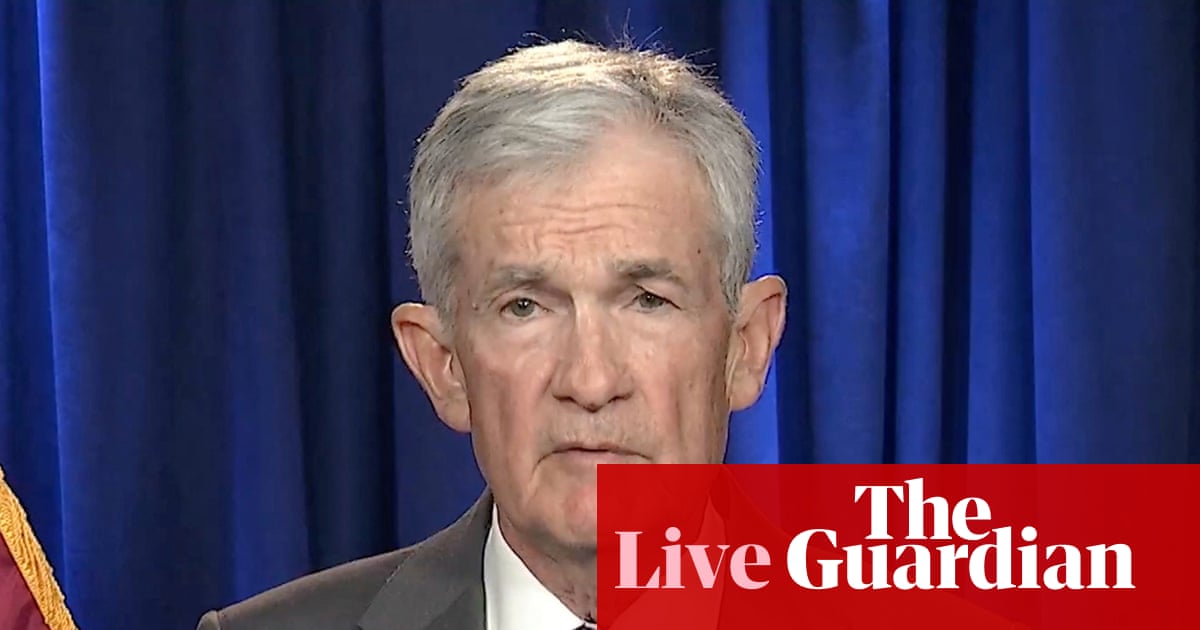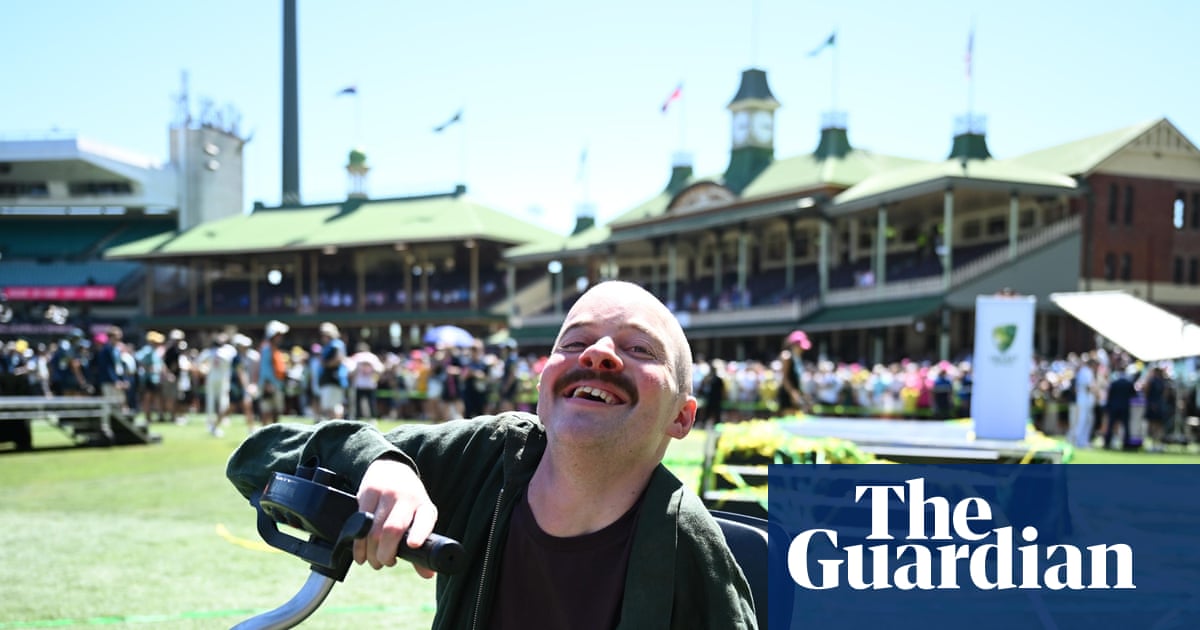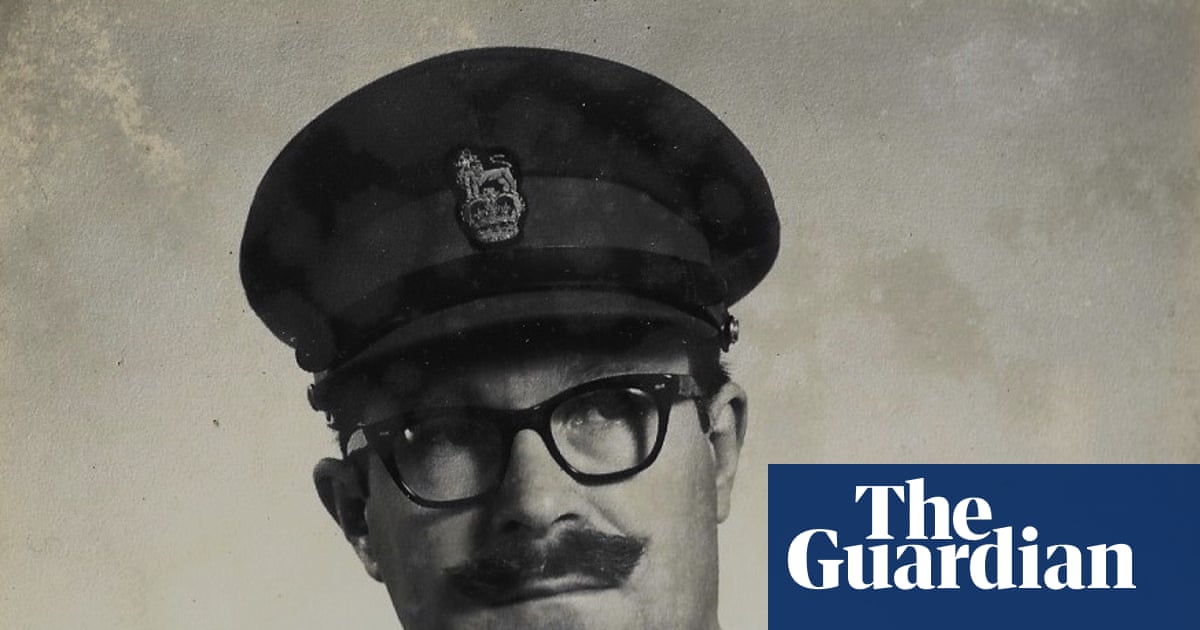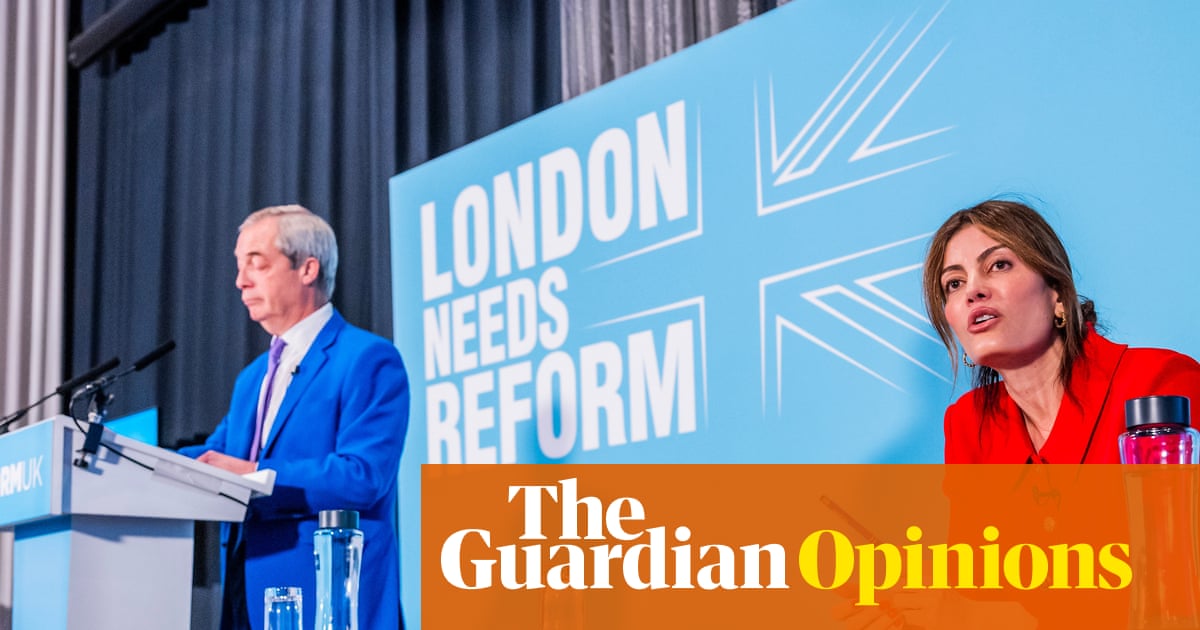Hungary will not wean itself off Russian energy supplies, the country’s foreign minister has told the Guardian, despite the White House’s demand for Nato allies to stop buying Russian oil.
Donald Trump has demanded that Europe halt Russian oil imports, but in an interview on the sidelines of the 80th annual session of the UN general assembly, Péter Szijjártó said: “We can’t ensure the safe supply [of energy products] for our country without Russian oil or gas sources,” while adding that he “understood” Trump’s approach.
“For us, energy supplies are a purely physical question,” he said. “It can be nice to dream about buying oil and gas from somewhere [besides Russia] … but we can only buy from where we have infrastructure.
“And if you look at the physical infrastructure, it’s obvious that without the Russian supplies, it is impossible to ensure the safe supply of the country.”
Szijjártó’s remarks came after Trump made new sanctions on Russia conditional on Nato disconnecting itself from the Russian energy supply.
“I am ready to do major Sanctions on Russia when all NATO Nations have agreed, and started, to do the same thing, and when all NATO Nations STOP BUYING OIL FROM RUSSIA,” Trump said on his Truth Social platform last week.
The demand followed a series of deadlines Trump had set for Moscow to make progress on ending the war with Ukraine, which passed without further action. Some allies questioned whether he is serious about wanting to increase pressure on Vladimir Putin or merely passing the buck to Europe.
Hungary’s state-owned MOL Group imports about 5m tonnes of oil annually through the Druzhba pipeline, supplying crude oil to refineries in Hungary and Slovakia. Those two countries have been most resistant to calls to halt energy imports from Russia.
Hungary’s prime minister, Viktor Orbán, is one of Trump’s closest ideological allies in Europe and has regularly praised him. Orbán has also sharply criticised Ukraine while retaining cordial relations with the Kremlin.
Bloomberg reported that the EU is considering trade restrictions that could reduce or halt deliveries of oil through the pipeline, and that they could be introduced without unanimous consent, allowing other European countries to outvote Budapest and Bratislava.
“When it comes to buying Russian oil, it is now virtually down to Hungary and Slovakia,” wrote Lindsey Graham, a Trump ally who is among the greatest supporters of Ukraine in his orbit. “I hope and expect them to step up to the plate soon to help us end this bloodbath. If not, consequences should and will follow.”
European leaders have been pushing Hungary and Slovakia to stop purchasing Russian oil, but the appeals have been ignored.
In an interview with the Guardian over the weekend, Finland’s president, Alexander Stubb, who has become one of the European leaders who speaks most regularly to Trump, said there are “two tracks” in Trump’s recent claim: that he would only become tougher on Russia when Europe raises tariffs on China and stops buying Russian oil.
“The first track is Europe stopping buying Russian oil and gas. I think Trump is very correct on that. And that’s where we need to put pressure on Hungary and Slovakia, who still do that,” said Stubb. When asked what tools could be used to put pressure on the two countries, he said “that’s up to the commission”.
By contrast, Stubb said Europe does not have the “legal tools” for tariffs but could work on tougher sanctions.
The Polish foreign minister, Radosław Sikorski, speaking to the Guardian in Kyiv last week, said he supported Trump’s call on Europe to stop buying Russian oil. “I hope President Orbán in Budapest hears this and acts on President Trump’s appeal to stop buying Russian oil. Hungary can get its oil from the south,” said Sikorski.
Asked about European pressure on Monday, Szijjártó called western European officials “fanatics” and said it was “totally impossible to carry out a fact-based, rational dialogue based on common sense”.
But while relations with Brussels remain fraught, the relationship with the US has improved significantly, he added, saying that Hungary was the “only European government crossing fingers for [Trump’s] victory”.
“The US is a friend now,” he said. “So having the American president as your friend is totally different compared to when they put pressure on you, regardless of what is coming from Brussels is very, very severe.”

 3 months ago
75
3 months ago
75

















































